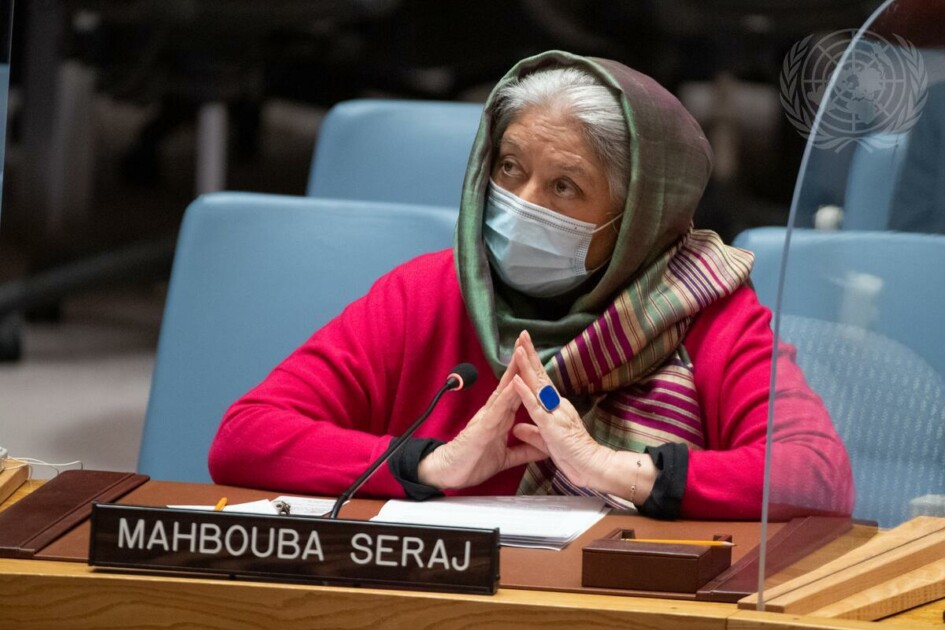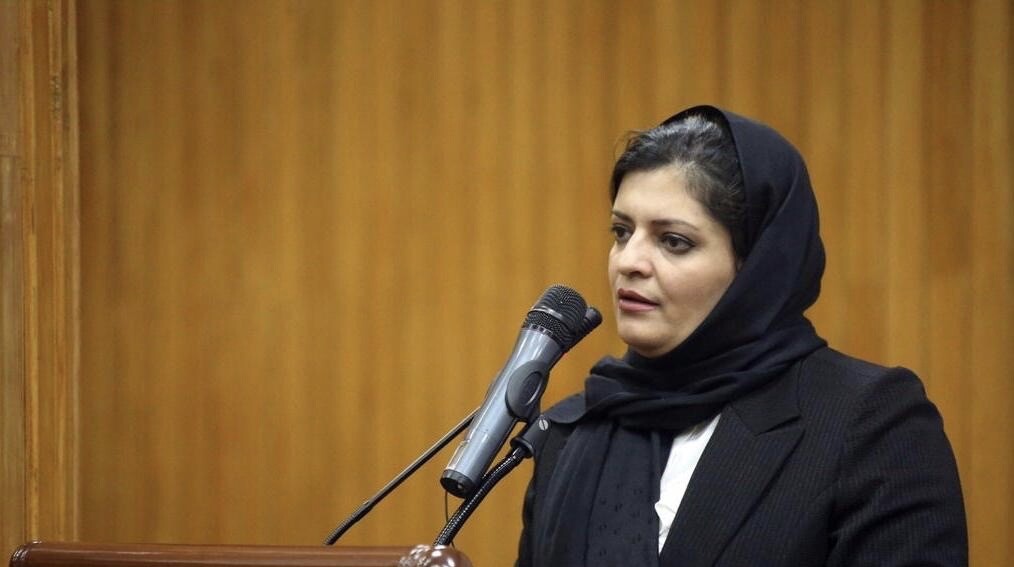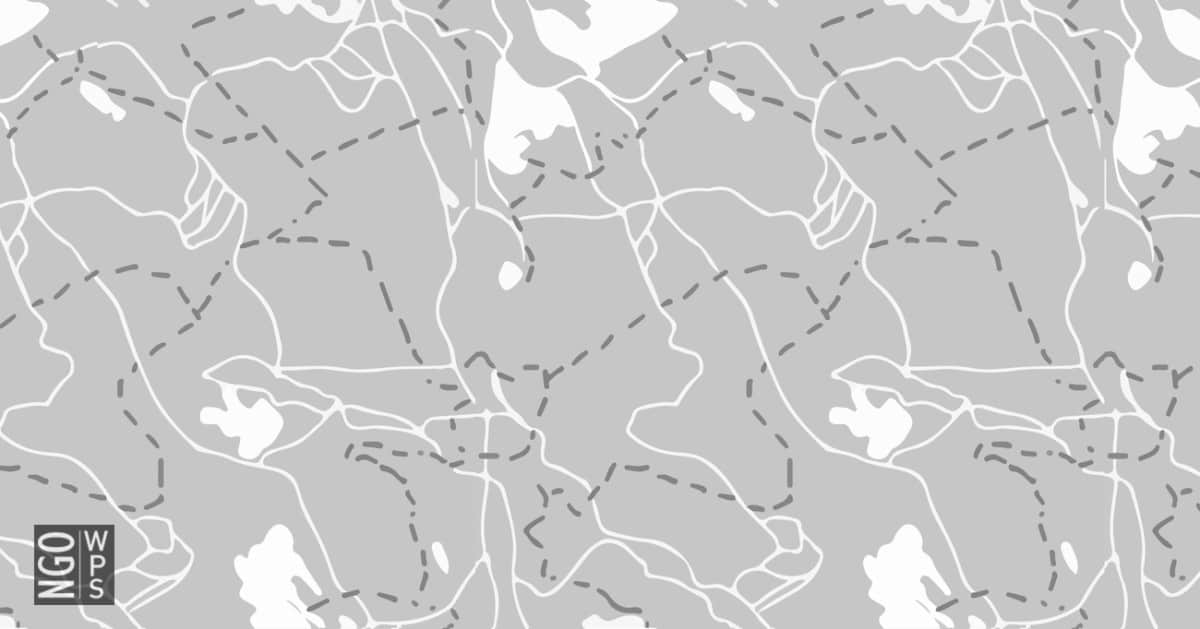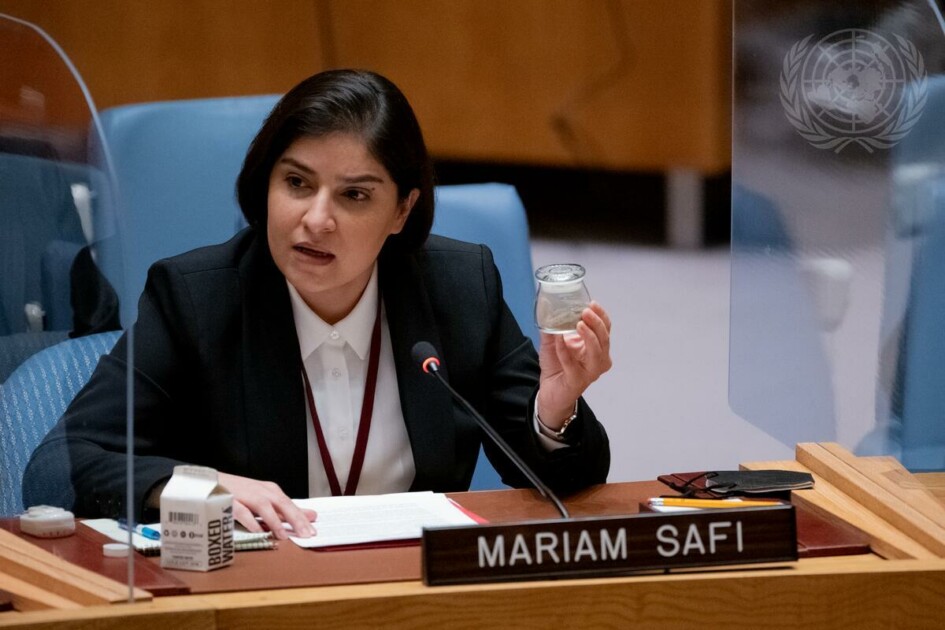Afghanistan
Afghanistan
Afghanistan has been engulfed in violent armed conflict since the fall of the Taliban regime in 2001, and efforts to build sustainable peace while preventing the re-establishment of extremist rule depend on the inclusion of women.
Living in the most dangerous place in the world to be a woman, as the Thomas Reuters Foundation revealed in 2011, Afghani women have emerged as leaders in the peace process— advocating constantly for more inclusive government, and inspiring marginalized groups nationwide to demand a place in the political system. Despite the important role that Afghani women play in bringing about social change in Afghanistan, many barriers to their involvement still exist.
Based on the work of NGOWG members and their partners, the NGOWG advocates for eliminating these barriers by encouraging UNAMA to support the Afghan government in fully implementing the National Action Plan on Women, Peace and Security (NAP), and ensuring women’s full and equal participation in regularly held elections.
Current and Past Recommendations to the UN Security Council (Monthly Action Points)
The debate on the UN Assistance Mission in Afghanistan (UNAMA) must identify challenges and remedies regarding national and international efforts to advance women’s integration into the political, economic, and social life of Afghanistan. While awaiting the outcome of the 2014 presidential elections, working towards completion of the security transition to national security forces and the withdrawal of international forces in 2014, and in view of parliamentary elections in 2015, all relevant actors must ensure women’s leadership and rights are not sacrificed in these transition processes. Effective measures for the protection of women human rights defenders, elected officials and voters must be taken. The Council should ensure that women’s security, ability to move freely throughout the country, and meaningful political, social, and economic participation are indicators of the transition’s success. Additionally, the Council should express ongoing concern about the significant numbers of women who remain displaced and are unable to return home, and call for implementation of the National IDP Policy in line with international standards. The Council is urged to play an active role in monitoring all actions by the Afghan government and parliament that affect women’s rights, respond forcefully and immediately to any backsliding on women’s rights, and assist the government to fully implement the 2013 CEDAW recommendations, the Afghan National Action Plan on Women, Peace and Security, and the 2009 Elimination of Violence Against Women Law. The Council should call for and support women’s genuine and meaningful involvement in the peace and reconciliation process, including peace jirgas and provisional councils. Gender parity must be sought in all negotiation teams; as a very minimum, a quota of 25% for women should be set, in line with the Afghan constitutional guarantee for representation of women in parliament. Finally, it is essential that the Council reiterate its strong commitment to the recruitment, training, and retention of women in the Afghan National Security Forces (ANSF) per SCR 2120 (2013), ensuring their safety and dignity in the workplace, as well as strengthen ANSF oversight and accountability mechanisms to protect civilians. In view of the security transition, the Council must call on the International Security Assistance Force (ISAF) to adequately deal with all plausible reports of civilian casualties caused by international military operations, and to provide full reparation to victims of such operations.
Relevant Resources









